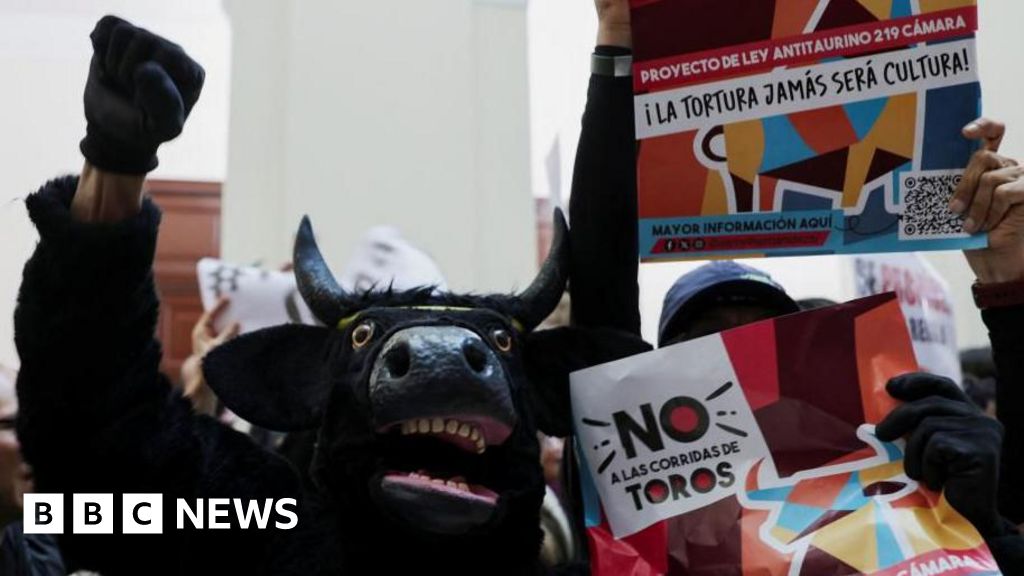Colombia’s Congress has passed a bill banning bullfighting in the entire Andean country from 2027.
The ban follows outcry from animal rights activists, who have long considered the practice cruel.
Bullfighting was introduced to Colombia by the Spanish during the colonial period and became extremely popular, attracting thousands of spectators to large bullrings in cities such as Bogota, Medellín and Manizales.
The bill still needs to be signed by President Gustavo Petro, but since he supports the ban, this is considered a formality.
The president welcomed the congressional approval, writing on the
Supporters of bullfighting protested the bill, saying it would deprive the livelihoods not only of those who raise bulls but also of the many street vendors who hawk their wares in bullrings.
To mitigate its impact, the bill would allow for a three-year transition period during which people associated with bullfighting operations would receive help finding alternative income.
The bill stipulates that the bullring will be used for cultural and sporting events in the future.
Colombia is the latest country in Latin America to ban bullfighting.
Argentina, Cuba and Uruguay banned the practice more than a century ago, and countries such as Brazil and Chile have also enacted bans.
However, Ecuador, Mexico, Peru and Venezuela still allow it.
Mexico City implemented a ban in 2022, only to have it overturned two years later.
More than 40,000 people flocked to the city’s world’s largest bullring to watch the first bullfight since the ban was overturned.
In Europe, bullfighting events still take place in France and Spain, although some cities have banned bullfighting.

